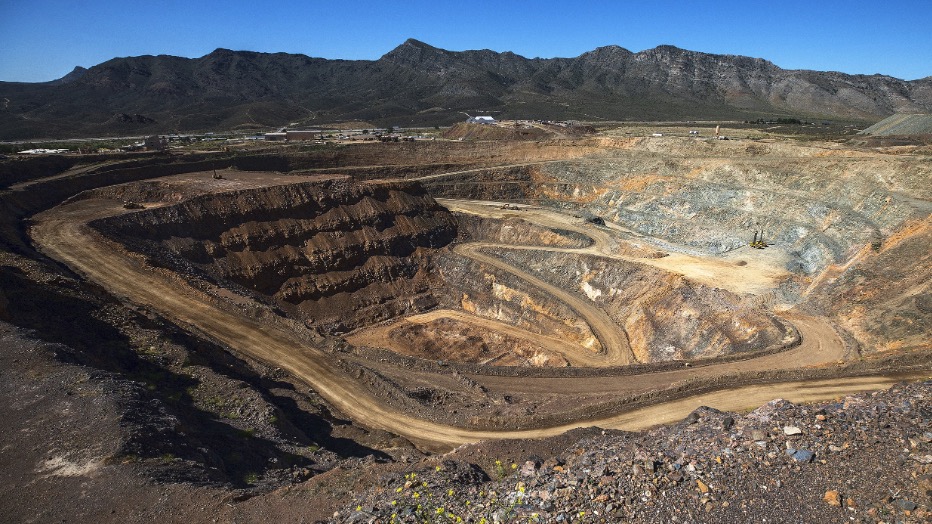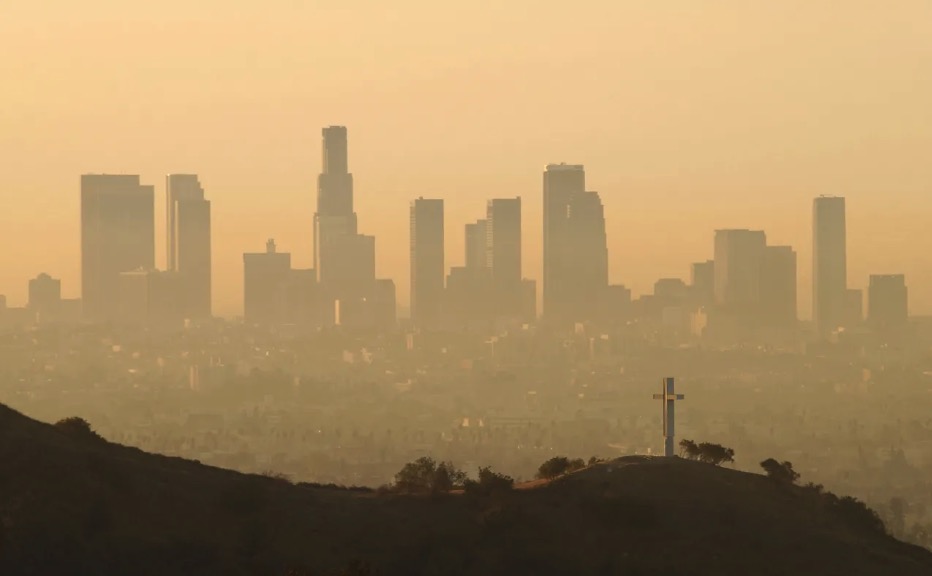Comments
AN OPINION - SB 131 was recently fast-tracked through the state legislature as part of Governor Newsom’s budget trailer bill package, with key legislators promising they would go back and fix the bill later. As it stands, SB 131 marks a pronounced move toward environmental deregulation that will lead to pollution of our air and water, resulting in harm to public health and communities.
The Trump Administration is rapidly working to weaken, bypass, or eliminate federal environmental laws and regulations. California has long been a leader in protecting public health, clean air, and clean water. But at this critical moment, rather than serving as a safeguard against federal policy changes, state leaders seem to be following Trump’s example by slashing our state’s premier environmental law, the California Environmental Quality Act (CEQA).
SB 131’s CEQA exemption for “advanced manufacturing” is unquestionably the most egregious example of current deregulation efforts in California. This nebulous category of industrial development includes projects such as battery and energy storage manufacturing, defense and aerospace manufacturing, rare earth mineral mining to accommodate the boom in artificial intelligence. Many of these types of industrial processes involve hazardous chemicals and solvents such as heavy metals, industrial degreasing solvents, and PFAS (“forever chemicals”) that are known to leach into soil and groundwater. Environmental review of such projects is vital to protect air quality and critical water supplies that families depend on.
A notable cautionary tale demonstrating the need for environmental regulation of such industries is the Exide battery recycling plant in Vernon (LA County). For decades, this facility released dangerous levels of lead dust – a neurotoxin known to impair brain development – into East LA and nearby communities, affecting over 100,000 people across a radius of more than 4.5 miles. The plant closed in 2015 and has since become the site of the most expensive environmental remediation project ever in California. Despite this troubling history, the state has already classified numerous metal recycling plants as “advanced manufacturing” facilities. Under SB 131, these hazardous plants could be exempt from environmental review and mitigation, and already-overburdened communities will lose their ability to even be informed – let alone oppose or try to mitigate the negative impacts – of proposed projects before they’re approved.

The impacts of rare earth mineral mining for the AI boom will also get a free pass under SB 131’s advanced manufacturing exemption. AI data centers use large amounts of raw materials and rare earth elements that are often obtained through environmentally polluting mining practices and that contribute to electronic waste containing mercury, lead and other toxic substances. Under SB 131, these severe effects won’t be disclosed to the public or mitigated. The Trump Administration is already working to federally deregulate AI data centers and related infrastructure. Instead of pushing back on this assault on the environment, California’s leaders appear along for the ride.
SB 131 also represents a reversal of state policy to protect habitat for endangered and threatened species. Virtually all past CEQA exemptions approved by the Legislature exclude projects that are located on such sensitive habitat, yet SB 131’s exemption does not contain this safeguard. By failing to require environmental review for projects impacting imperiled species’ habitat, the bill fast-tracks projects that will silently drive species closer to extinction. Once that happens, the changes are irreversible.
SB 131 is just one bill that weakens the California Environmental Quality Act to speed development. Other proposed trailer bills aim to remove regulations for oil drilling and energy infrastructure. If adopted, these bills would represent an alarming departure from California’s long history of safeguarding our communities and the environment.
Many Californians, including many in the state Legislature, don’t have first-hand experience with the thick smog in Los Angeles and the oil spills in Santa Barbara that led to the adoption of the California Environmental Quality Act in 1970. Given such dramatic, visible pollution, the public demanded commonsense measures to ensure that the impacts of proposed development would be publicly disclosed and mitigated. CEQA, our “look before you leap” law, has proven to be mutually beneficial to businesses and communities. With its strong environmental law in place, California is now the world's fourth largest economy and one of the world’s top tourism destinations.

With SB 131, California is about to cross a line, leaving behind our history of protecting public health for the lure of building faster at any cost. In the absence of environmental review, history shows us that developers cut corners to increase profits, with devastating results. Our state leaders must moderate their stampede toward deregulation, and once again stand up for California communities. We have one month to go in this legislative session. It’s not too late to fix SB 131. And the Legislature must resist proposals to adopt further outrageous exemptions from CEQA.
(Ruby Acevedo is an experienced litigator with extensive experience in the areas of environmental, land-use, and housing. Previously she served as an Adjunct Lecturer at Santa Clara University School of Law and is now a Senior Staff Attorney with Communities for a Better Environment.)





